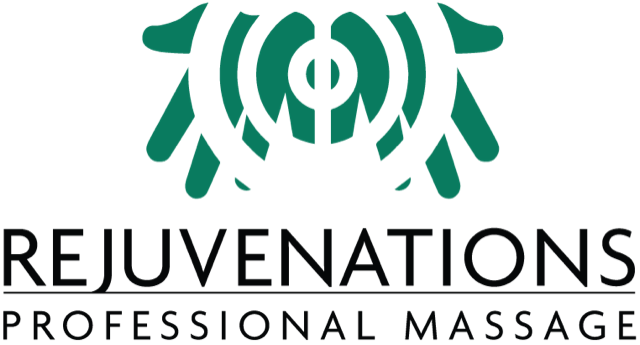What is it?
The World Health Organization (WHO) defines burnout as syndrome conceptualized as resulting from chronic workplace stress that has not been successfully managed. It is characterized by three dimensions:
feelings of energy depletion or exhaustion;
increased mental distance from one’s job, or feelings of negativism or cynicism related to one's job; and
reduced professional efficacy.
The term has been around since the 70’s. However over the last 50 years the healthcare industry has argued over how it should be defined. In May of 2019 WHO recognized burnout under International Classification of Diseases (ICD-11). The public had assumed that it would be labeled as a medical condition. But instead WHO has labeled it as an “occupational phenomenon” and should not be applied to describe other areas in life.
What is the effect of burnout in the world?
In an external survey done by Deloitte 77% of people say they experienced burnout, with 31% saying burnout is a result of a lack of support or recognition from leadership. This study has also concluded that 21% of the people surveyed say their company does not offer any programs or initiatives to prevent or alleviate burn out. Meanwhile, the APA claims that burnt-out employees are 63% more likely to call in sick, and 23% more likely to go to the emergency room. They also estimate that the US economy has lost more than $500 billion dollars each year due to work related stress.
WHO points to stress from work. But what does stress do to the body?
To put it simply, stress affects everything in our body. In the short term, stress can cause muscle tension, shortness of breath, increased heart rate and blood pressure, and in some cases can lead to stomach pains or vomiting. Our bodies are ok to handle short term stress. It is part of our regular fight or flight responses.
So what happens when we don’t turn our fight or flight response off? Long term stress has a much more damaging effect on the body. Extended periods of stress have both a mental and physical toll on our health. It can lead to chronic depression or anxiety, increased risk of heart attack or stroke, chronic pains, acid reflux and other conditions. Long periods of stress are also known to cause insomnia, eating disorders, and other behavioral problems.
How do we alleviate burnout?
It is important to point out again that WHO sees burnout as a workplace phenomenon. And its definitions point more toward the individual than the workplace itself. However, prevention and alleviation of burnout should be the responsibility of everyone involved. An employer/employee relationship requires just as much time and effort as any other relationship in life. Constructive communication about issues and areas of growth is important to do.
Here are somethings you can do to help with burnout.
For the individual:
Seek support from friends, family or coworkers.
Make self-care part of your daily routine.
Understand your limits and maintain healthy boundaries. Do not push yourself to a point where things like deadlines or important days are missed.
Value your time. Make time for yourself, whether it is 10 minutes a day for meditation or a week of vacation.
For the workplace:
If you are noticing burnout it is important to take proper steps to try to alleviate it.
Encourage a strong-work life balance, and maintain reasonable work hours.
Set reasonable expectations from your employees.
Make sure your employees feel valued and noticed. Words of affirmation, small gestures of gratitude or yearly bonuses can go a long way.
Understand that time off is necessary. Encourage vacations and time away from work.
The right steps and benefits can help prevent and get rid of burnout. Which can help create happier, healthier and more productive workplaces. Not only that but it can promote better living in general, which is something everyone deserves.
Sources:
https://hbr.org/2019/12/burnout-is-about-your-workplace-not-your-people
https://www.nytimes.com/2022/02/15/well/live/burnout-work-stress.html
https://acdis.org/articles/news-who-says-burnout-%E2%80%9Coccupational-phenomenon%E2%80%9D
https://www2.deloitte.com/us/en/pages/about-deloitte/articles/burnout-survey.html
https://www.apa.org/news/press/releases/stress/2014/stress-report.pdf
https://www.apa.org/topics/stress/body
https://www.mayoclinic.org/healthy-lifestyle/adult-health/in-depth/burnout/art-20046642


